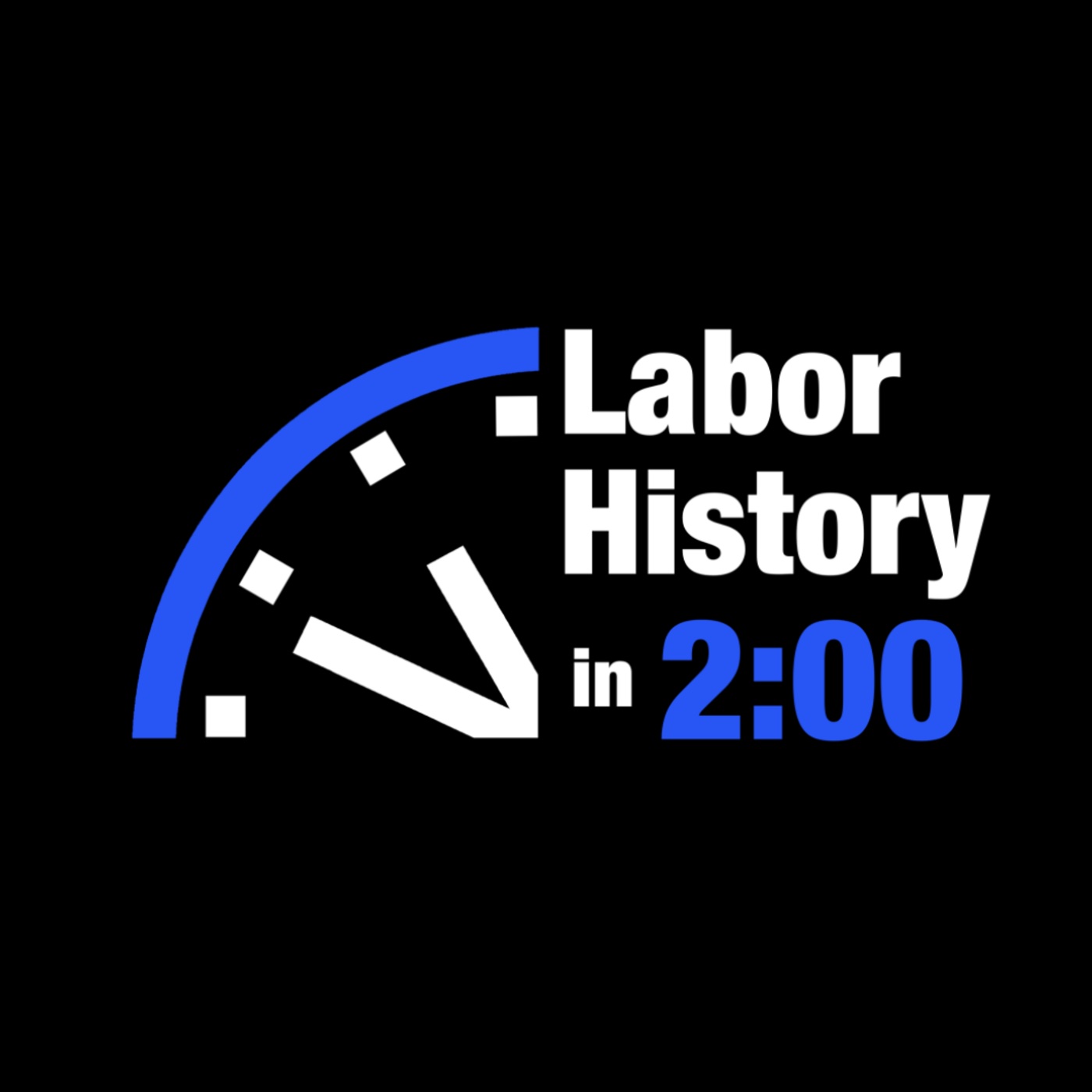Episodes
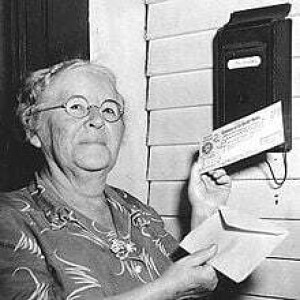
Friday Jan 31, 2025
January 31 - The First Social Security Check
Friday Jan 31, 2025
Friday Jan 31, 2025
Today in labor history, January 31, 1940 Ida May Fuller received a check from the U.S. government for $22.54. That may seem like a small amount, but the check represented something much larger.
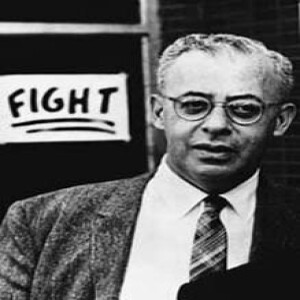
Thursday Jan 30, 2025
January 30 - Saul Alinsky is Born
Thursday Jan 30, 2025
Thursday Jan 30, 2025
“What follows is for those who want to change the world from what it is to what they believe it should be.” Those words were penned in the opening paragraph of the book Rules for Radicals, whose author, Saul Alinsky was born today in labor history January 30, 1909.
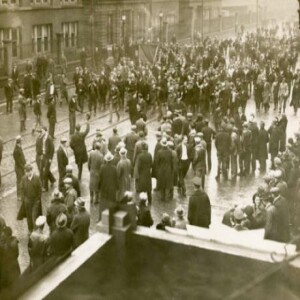
Wednesday Jan 29, 2025
January 29 - Rubber Workers Join the Sit-Down Wave
Wednesday Jan 29, 2025
Wednesday Jan 29, 2025
Sometimes you have to sit down in order to stand up for your rights as a worker. That is what workers in the Firestone rubber plant proved in Akron, Ohio today in labor history, January 29, 1936. Akron was the heart of the rubber industry in the United States, employing 40,000 at its peak.

Tuesday Jan 28, 2025
January 28 - The Rebel Girl
Tuesday Jan 28, 2025
Tuesday Jan 28, 2025
"The only people whose names are recorded in history are those who did something. The peaceful and indifferent are forgotten; they never know the fighting joy of living." Those words were spoken in Seattle by Elizabeth Gurley Flynn, today in labor history, January 28,1917. Flynn certainly embraced the “fighting joy of living,” as a leader in the Industrial Workers of the World. She became a full time organizer for the IWW in 1907.
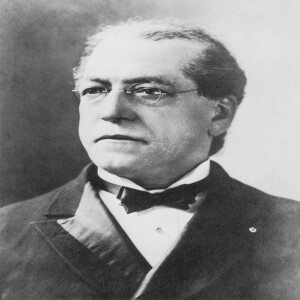
Monday Jan 27, 2025
January 27 - Samuel Gompers and the Rise of Craft Unionism
Monday Jan 27, 2025
Monday Jan 27, 2025
Today in labor history, January 27, 1850, renowned labor leader Samuel Gompers was born to a Jewish family in London, England. His family immigrated to the United States in 1863, where Gompers learned the cigar-making trade from his father.
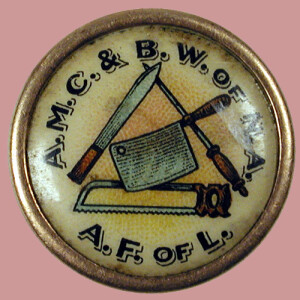
Sunday Jan 26, 2025
January 26 - the Amalgamated Meat Cutters is Founded
Sunday Jan 26, 2025
Sunday Jan 26, 2025
Today in labor history, January 26, 1897 saw the charter of the Amalgamated Meat Cutters Union, formed out the merger of seven other unions.
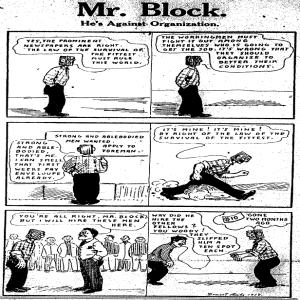
Saturday Jan 25, 2025
January 25 - Oh, Mr. Block
Saturday Jan 25, 2025
Saturday Jan 25, 2025
After an election, have you ever found yourself scratching your head, wondering why it seems that working people vote for candidates that do not represent their interests? Well, that feeling is nothing new. Back in 1912, Ernest Riebe of the Industrial Workers of the World created a comic strip character, Mr. Block.

Friday Jan 24, 2025
January 24 - A Minimum Level of Dignity
Friday Jan 24, 2025
Friday Jan 24, 2025
Today in labor history, January 24, 1950 the minimum wage in the United States was raised to 75 cents an hour. This move nearly doubled the minimum wage, from the previous level of 40 cents. 22 million people were eligible for this wage increase. In his statement on the change President Harry Truman declared, “It is a measure dictated by social justice. It adds to our economic strength. It is founded on the belief that full human dignity requires at least a minimum level of economic sufficiency and security.”
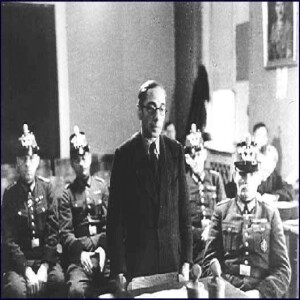
Thursday Jan 23, 2025
January 23 - Remembering Nikolaus Gross
Thursday Jan 23, 2025
Thursday Jan 23, 2025
On this date in 1945 Nikolaus Gross was hung in a Berlin prison. Hear why.
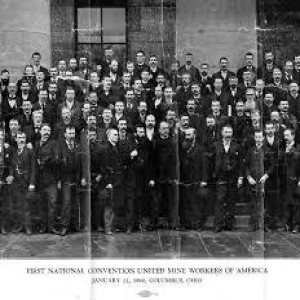
Wednesday Jan 22, 2025
January 22 - The UMWA is Founded
Wednesday Jan 22, 2025
Wednesday Jan 22, 2025
On this day in labor history, the year was 1890 Miners from a number of smaller miner unions gathered in Columbus Ohio to consolidate their ranks and form the United Mine Workers of America.

